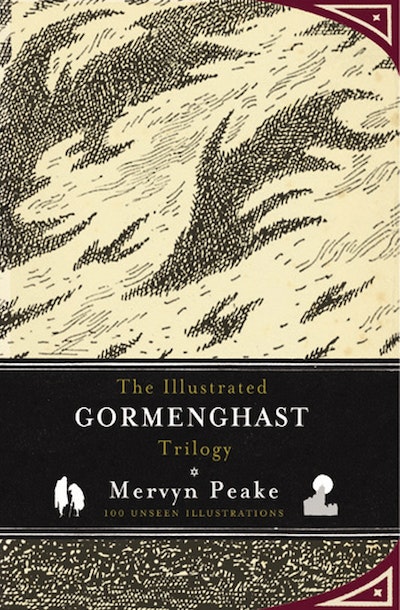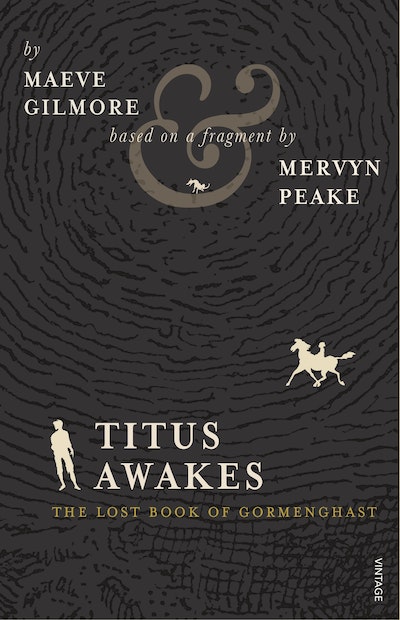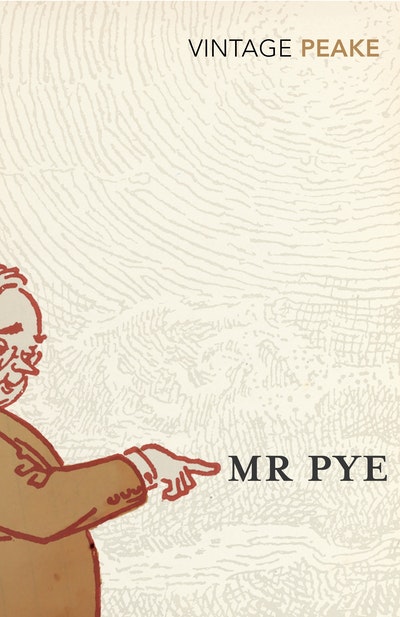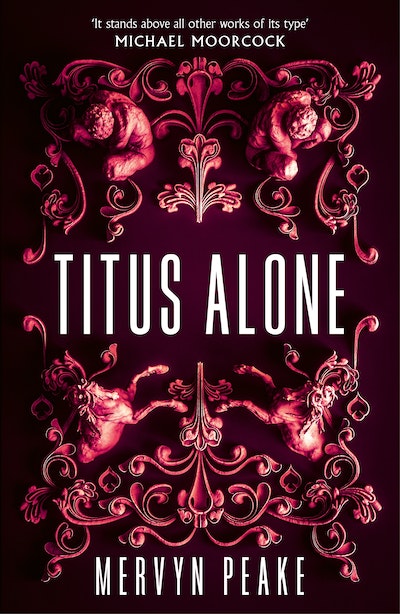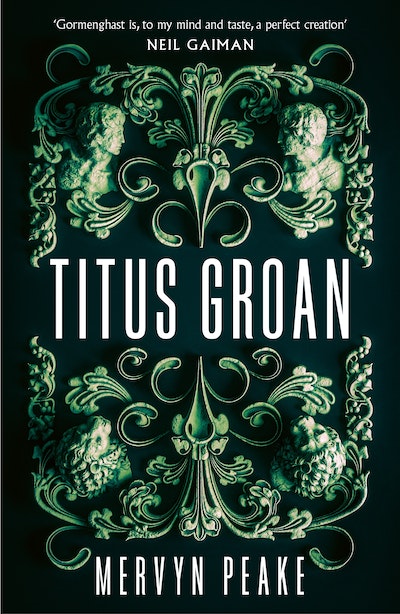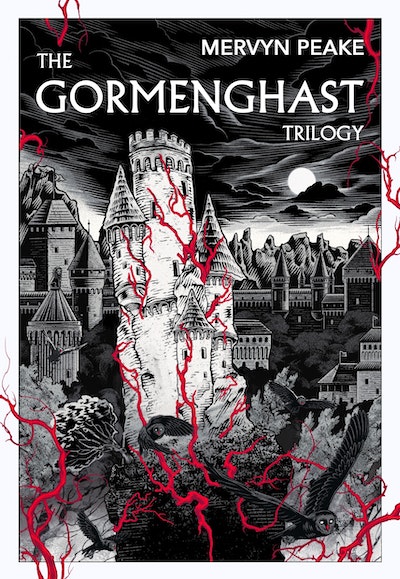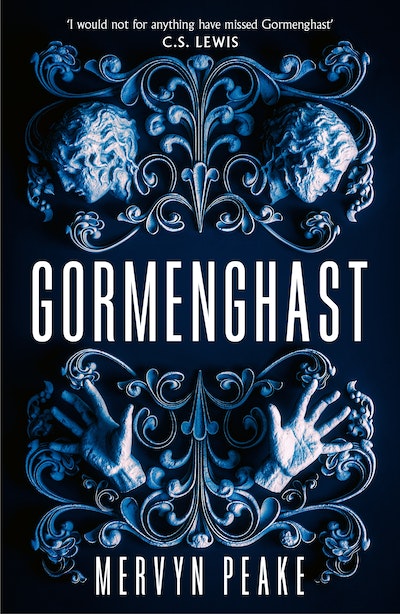The Illustrated Gormenghast Trilogy
- Published: 1 September 2011
- ISBN: 9781409019794
- Imprint: Vintage Digital
- Format: EBook
- Pages: 960
A master of the macabre and a traveller through the deeper and darker chasms of the imagination
The Times
A wonderful story, a saga of somewhere strange that beats Tolkien into a cocked hat. Superb language and extraordinary imagination
Ranulph Fiennes
Dark, dense, baroque and hauntingly beautiful. Peake's lush prose and imagery are a pleasure to any lover of the beauty of the written word. A word of warning, however: this one takes its time. Most readers are used to more watery offerings - this is thick, creamy and extra-rich
Carlos Ruiz-Zafron, Guardian
His novels, said Burgess, are 'aggressively three-dimensional... showing the poet as well as the draughtsman.. It is difficult in post-war English fiction to get away with big rhetorical gestures. Peake manages it because, with him, grandiloquence never means diffuseness' there is no musical emptiness in the most romantic of his descriptions. He is always exact.. . [Titus Groan] remains essentially a work of the closed imagination, in which a world parallel to our own is presented in almost paranoiac denseness of detail. But the madness is illusory, and control never falters. It is, if you like, a rich wine of fancy chilled by the intellect to just the right temperature. There is no really close relative to it in all our prose literature. It is uniquely brilliant.'
Anthony Burgess
I discovered it at 15 and have been rediscovering it ever since. It's a profoundly enchanting world, but there are no elves or spells the magic is purely in the writing
Joanne Harris
I started reading it and did not stop.The images conjured up the most weird visions. Images that I had not encountered since absorbing my first introduction to the world of William Blake. It is a fantastic, almost surrealistic flow of vision
Ronald Searle
Not least among Mervyn Peake's virtues was his ability to be serious while involved in grotesque humour, and to be idiosyncratic while being completely professional. And that drawing was the essential of all he did
Quentin Blake
'The Drowning Girl' was inspired by Peake... Fushia was my dream. The idea of the infinite, of the unreal, of the innocence dying
Robert Smith, The Cure
